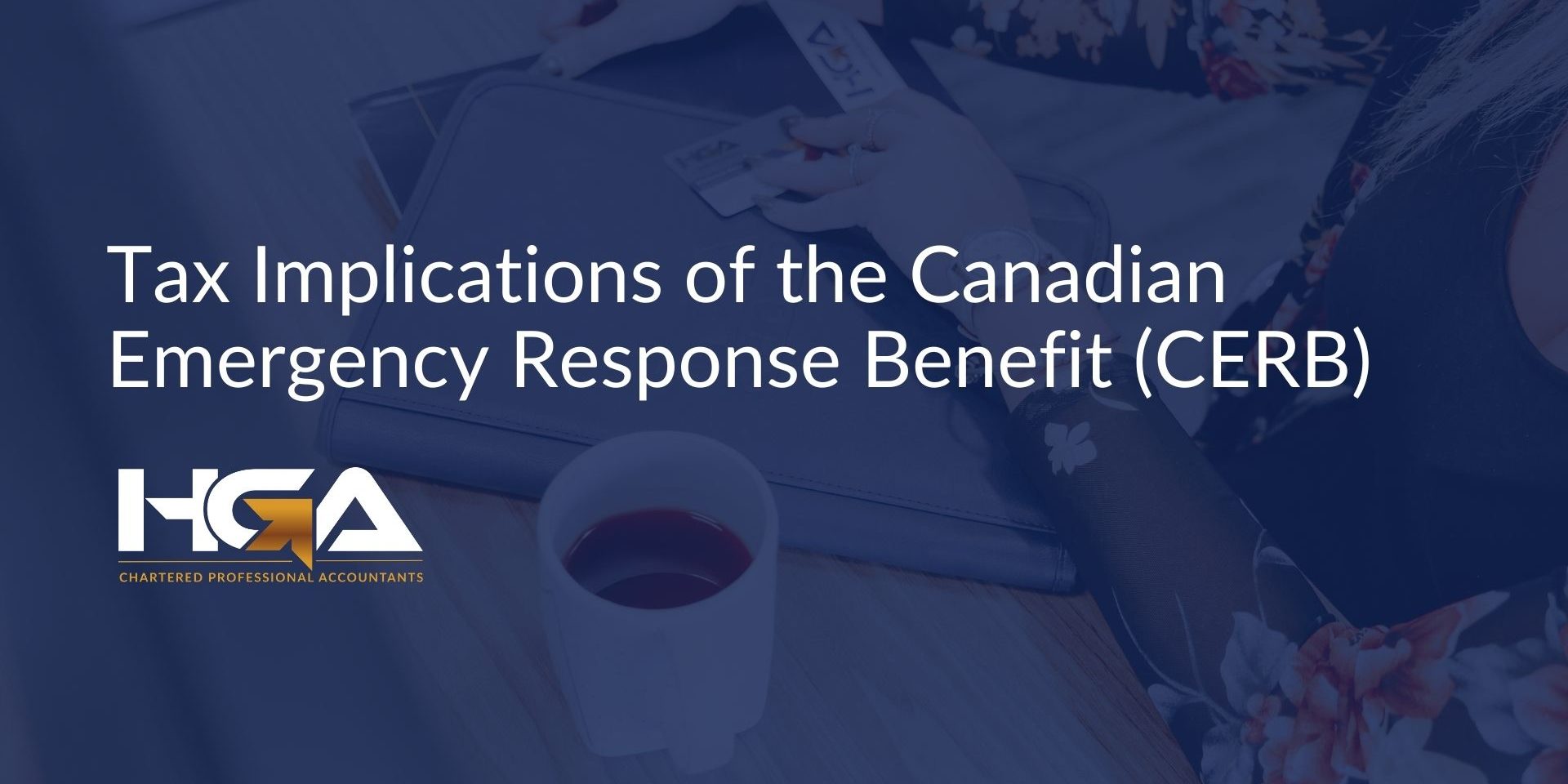In response to the Corona Virus pandemic the Government of Canada rolled out a number of assistance programs to aid many Canadian individuals and businesses facing financial hardships. One such program, The Canadian Emergency Response Benefit (CERB) gives financial support to employed and self-employed Canadians who are directly affected by COVID-19. If you are one of the millions of Canadians who have received these individual benefit payments in recent months, it would be wise to consider the tax implications associated with these funds in preparation for next spring.
Payments from CERB are fully taxable, and – unlike paycheques from your employer – federal and provincial tax remittances are not withheld at the source, leaving the Canada Revenue Agency to collect its portion when you file your personal income taxes in 2021. Individual tax liabilities will vary and are entirely dependent on other 2020 taxable income. Individuals with total taxable income less than the federal 2020 basic personal exemption will not owe any federal income tax and have minimal or no provincial income taxes. However, once total taxable income is pass these exemption amounts there will be tax payable. To eliminate the element of surprise, many free online basic tax calculators (https://turbotax.intuit.ca/tax-resources/canada-income-tax-calculator.jsp) are available to estimate future tax obligations and help Canadians budget accordingly.
Given these unprecedented circumstances and constant modifications to various government programs, avoiding a large unexpected tax bill in the spring is imperative for many Canadians.




